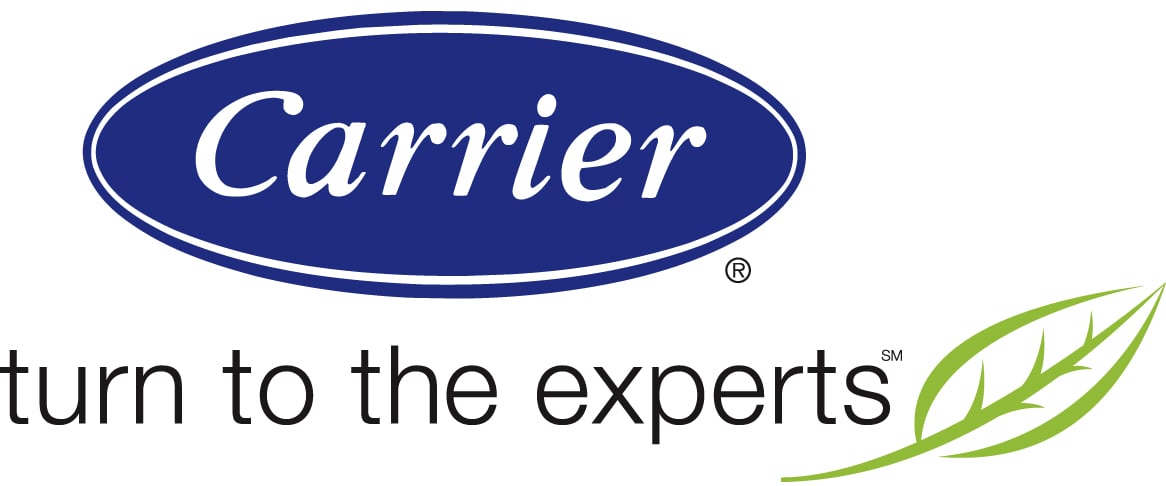
Are you looking to improve the quality of air inside your home? Do you or any of your family members have allergies or other sensitivities? If so, an Electronic Air Cleaner may be the right solution for you. Electronic Air Cleaners (EACs) are highly effective at providing clean indoor air and eliminating pollutants and germs. But what exactly is an EAC and is it worth the investment? Here are some facts about EACs that can help you decide.
What Are EACs?
Electronic Air Cleaners (EACs) are sophisticated, electrically powered air filtering units that are installed as part of your HVAC system. “EACs use electricity to generate a static charge in the airstream as it enters the filter,” says Keith Hill, manager of technical support at Minnesota Air. “Any particles in the air, regardless of size, become positively charged. As they near the collector side of the air cleaner, which is negatively charged, the particles move to the collector and cling just like blond pet hair on black slacks.”
Most furnace filters work by impingement, or “screening out" particles based on the size of the openings through the filter media. It’s the same concept as a kitchen strainer – the finer the openings, the smaller the particles that get filtered out. “The problem with that is the small openings in a high-efficiency mechanical filter cause air restriction, which requires more blower horsepower to push the air through it and it clogs up quicker,” Keith points out.
By contrast, the wires and plates of an EAC have large open areas in between them so that air flows through quite easily with a low horsepower blower. That means high efficiency with little restriction to the air stream, and it collects particles of all sizes – even down to the microscopic level. All those particles will stick to the collector (and not recirculate into your home) until it’s cleaned or replaced.
What Types of EACs Are There?
There are various technologies that can be used in air-cleaning devices. According to the Environmental Protection Agency website:
“Filtration and electrostatic attraction are effective in removing airborne particles. Adsorption or chemisorption captures some gaseous and vaporous contaminants. Some air cleaners use ultraviolet light (UV) technology. Ultraviolet germicidal irradiation (UVGI) has been used to kill some microorganisms growing on surfaces. Photocatalytic oxidation (PCO), another UV light technology under development, has the potential to destroy gaseous contaminants.”
Keith says most air cleaners are 6” to 11” wide, so there will be some ductwork changes needed if you’re installing an EAC.
“Some units use a metal plate system to collect the particles, which is washable in the dishwasher or laundry tub. The best and easiest to use have a media style disposable filter with a collector that is replaced annually,” he says.
An excellent option is the Carrier Infinity® Air Purifier. It has an improved electrostatic process that combines an electrostatic filter with a media filter. The proprietary process used in this air purifier rivals the effectiveness of UV lamps and a HEPA filter combined.
Should I Buy an EAC?
If you’re not yet sure whether or not you should get an EAC, take heed of Keith’s sage advice.
“I always recommend that you buy your filter system based on your need. If you or family members are allergic to pollen, use a quality media filter. They are very effective at removing “larger” particles like pollen and pet dander,” he says. “But if you have a need to remove small particles like mold spores, viruses, tobacco smoke particles, etc., then you’ll want an EAC.”
With an EAC, you can rest assured that you’re capturing and eliminating virtually any pollutant or contaminant that enters your home. Not only does that mean that your indoor air quality is the freshest and cleanest possible, but it also ensures that your family will be breathing the healthiest air possible.





